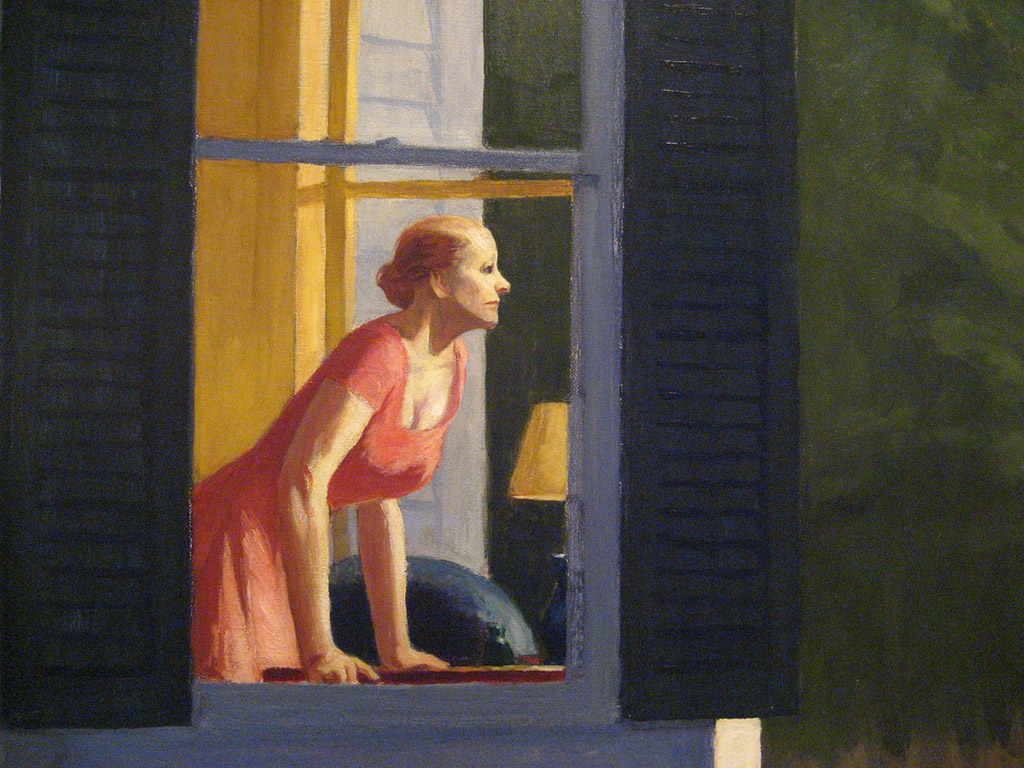An Irreducible Expectation
SATURDAY, FEBRUARY 16, 2019
6:00 PM | AUDITORIUM, GROUND FLOOR
A conversation on the Encounter’s theme with David Brooks, New York Times Editorialist, and Fr. Javier Prades, President of the University of San Damaso, Madrid, moderated by John Zucchi, History Professor, McGill University
David Brooks and Fr. Javier Prades will help us to understand this “Something” inside of us and appreciate its relevance for our times.
— — —
Cesare Pavese once wrote “What a great thought it is that truly nothing is due to us. Has anyone ever promised us anything? Then why should we expect something?” Perhaps he did not realize that expectation is the very structure of our nature, it is the essence of our soul. It is not something calculated: it is given. For the promise is at the origin, from the very origin of our creation. He who has made man has also made him as “promise.” Structurally man waits; structurally he is a beggar; structurally life is promise.
The religious sense is reason’s capacity to express its own profound nature in the ultimate question; it is the “locus” of consciousness that a human being has regarding existence. Such an inevitable question is in every individual, in the way he looks at everything. The Anglo-American philosopher Alfred N. Whitehead defines religion in this way: “Religion is what the individual does with his own solitariness.” The definition, although interesting, does not fully express the value of the intuition that gave it birth. True, this ultimate question is indeed constitutive of the individual. And in that sense, the individual is totally alone. He himself is that question, and nothing else. For, if I look at a man, a woman, a friend, a passerby, without the echo of that question resounding within me, without that thirsting for destiny which constitutes him or her, then our relationship would not be human much less loving at any level whatsoever. It would not, in fact, respect the dignity of the other, be suitable to the human dimension of the other. But that same question, in the very same instant that it defines my solitude, also establishes the root of my companionship, because this question means that I myself am constituted by something else mysterious.
~Luigi Giussani, The Religious Sense, McGill, 1997, pages 54; 56
Featured image: Edward Hopper, Cape Cod Morning, 1950, oil on canvas, (detail) | Smithsonian American Art Museum



